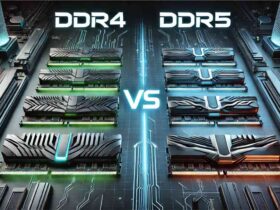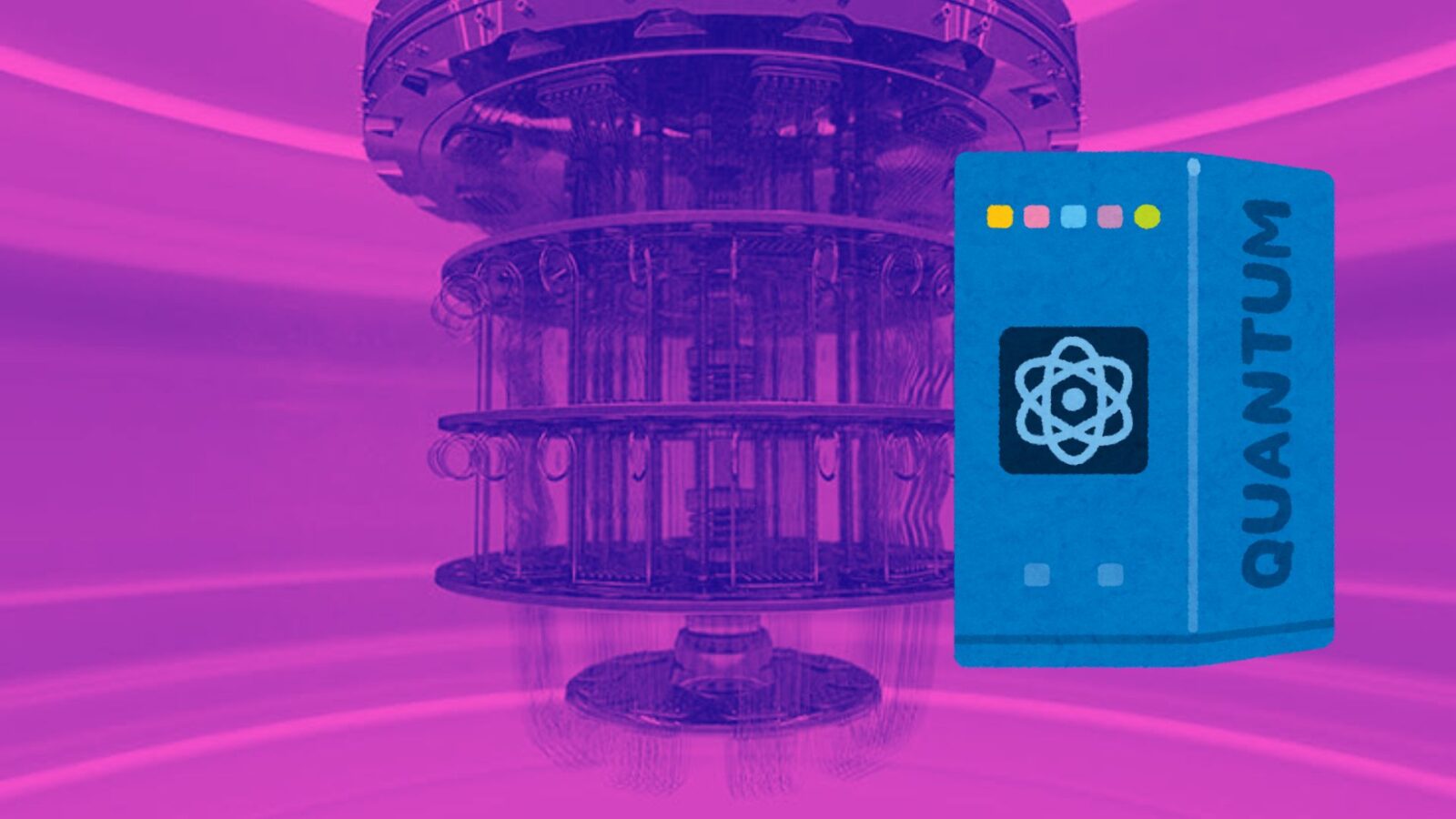Daftar Isi
In the ever-evolving landscape of technology, quantum computing emerges as a disruptive force with profound implications for cybersecurity. As we unlock the power of quantum mechanics, our conventional cryptographic methods face both transformation and vulnerability. In this article, we explore the impact of quantum computing on cybersecurity, from its promises to its challenges.
Quantum Computing Unleashed

The Quantum Advantage
Quantum computing operates at the subatomic level, harnessing the peculiar properties of quantum bits or qubits. Unlike classical bits (which can be either 0 or 1), qubits exist in a superposition, representing both 0 and 1 simultaneously. This inherent parallelism enables quantum computers to perform complex calculations exponentially faster than classical counterparts. A mere 1,000 qubits could surpass the computational capabilities of today’s supercomputers. The promise lies not in accelerating everyday tasks but in solving specific problems that defy classical computation. One such problem is integer factorization, which underpins our encryption algorithms. Quantum computers threaten to crack these codes, rendering existing cryptographic systems obsolete.
Quantum Cryptography and Uncertainty
Quantum mechanics introduces a fascinating concept: entanglement. When two qubits become entangled, their states become correlated. Measure one, and you instantly know the state of the other, regardless of distance. Quantum cryptography leverages entanglement for secure communication. Quantum key distribution (QKD) ensures that any eavesdropping attempt disrupts the entangled state, alerting both sender and receiver. While QKD promises unbreakable encryption, practical implementation remains challenging. Quantum states are fragile, susceptible to environmental noise and decoherence. Cooling qubits to near absolute zero and isolating them from disturbances demand intricate engineering and substantial resources.
Read More: Modular PSUs: Advantages and Disadvantages of Modular Design
Cybersecurity Implications
Quantum-Resistant Algorithms
The impending quantum era compels us to rethink our cryptographic infrastructure. Post-quantum cryptography aims to develop algorithms resilient to quantum attacks. Researchers explore lattice-based, code-based, and multivariate polynomial-based schemes. The National Institute of Standards and Technology (NIST) is evaluating candidate algorithms for standardization. Organizations must prepare for a cryptographic transition, ensuring that critical systems adopt quantum-resistant algorithms before quantum adversaries emerge.
Quantum Threats and Quantum Solutions
As the march of technological progress propels us into the era of quantum computing, a seismic shift in the cybersecurity landscape looms on the horizon. With unparalleled computational power at their disposal, quantum computers pose an existential threat to traditional encryption paradigms, heralding the dawn of a new era fraught with quantum vulnerabilities.
At the heart of this quantum revolution lies the ominous specter of encryption vulnerability. Public-key encryption algorithms, long considered the bedrock of digital security, including RSA and ECC, stand on precarious ground in the face of quantum supremacy. The computational prowess of quantum computers renders these once-impregnable cryptographic schemes susceptible to swift and decisive decryption, laying bare sensitive data and communications to prying eyes.
Lattice-based Cryptography
In response to this looming quantum apocalypse, organizations find themselves at a critical juncture, compelled to embrace quantum-safe alternatives to fortify their digital fortresses against the impending storm. Enter lattice-based cryptography, a quantum-resistant cryptographic framework poised to withstand the brute force onslaught of quantum adversaries. By harnessing the inherent complexity of lattice problems, organizations can erect formidable barriers to safeguard their data and communications in the quantum realm.
Yet, amidst the looming quantum threats, glimmers of hope emerge in the form of quantum solutions. Quantum key distribution, a revolutionary cryptographic protocol, stands as a beacon of security in an uncertain landscape. Pioneered by trailblazing companies like Quantum Xchange, quantum key distribution offers a quantum-safe communication channel, impervious to the prying eyes of quantum eavesdroppers.
However, the quantum menace extends beyond the realm of encryption alone. Quantum algorithms wield the potential to dismantle other cryptographic primitives, including symmetric encryption, hash functions, and digital signatures. As we stand on the precipice of a quantum revolution, the imperative for proactive research and development in quantum-resistant cryptographic techniques becomes increasingly apparent. Only through steadfast innovation and unwavering dedication to quantum resilience can we navigate the treacherous waters of the quantum age and emerge unscathed on the other side.
As quantum computing matures, our digital defenses must evolve. Collaboration between researchers, industry, and policymakers is essential. Quantum-safe protocols, secure communication channels, and quantum-resistant hardware pave the way forward. The impact of quantum computing on cybersecurity is not a distant threat—it’s a call to action. Let us embrace the quantum frontier, safeguarding our digital future.
Quantum computing is no longer science fiction; it’s science fact. As we unlock its potential, let us ensure that our cryptographic foundations remain robust. The quantum revolution demands resilience, adaptability, and a shared commitment to secure cyberspace.


































